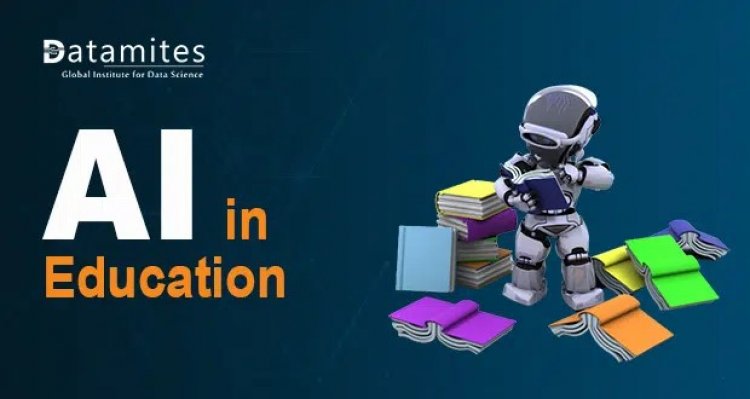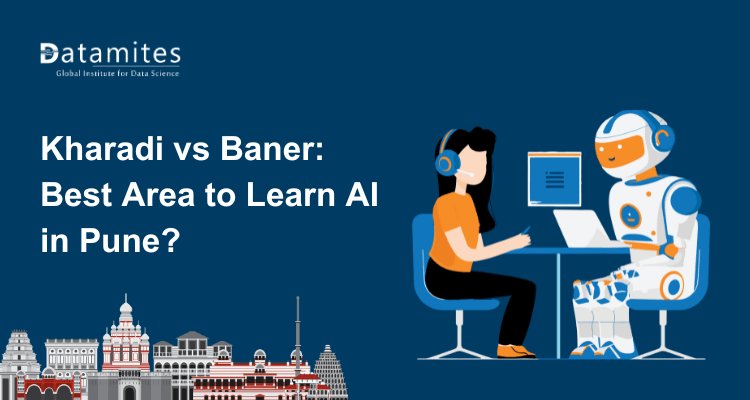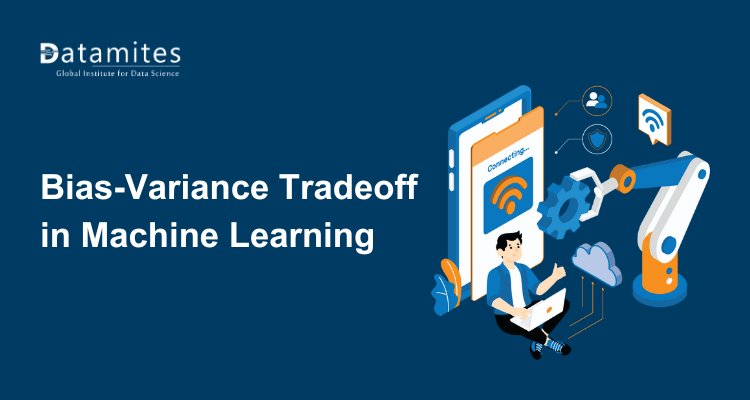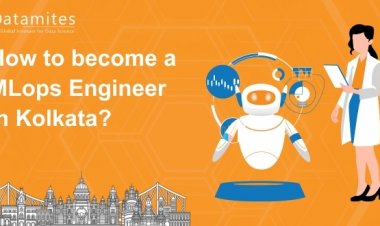What is the Significance of AI in Education?

Artificial Intelligence (AI) isn’t a brand-new technology that emerged just about now. New Technology is introduced from time to time, and when it is, it has an impact on many industries, including education. Though we haven’t seen humanoids replace teachers, AI systems are increasingly being used to teach and guide students in online courses. AI is altering the way people think about education, whether it’s via automating activities or creating individualised training courses based on students’ talents.
As per Markets and Markets, the global market share of AI in education is expected to reach $3.68 billion by 2023, representing a CAGR of 47 percent. Whereas, Market Search Engine, predicts that the share will reach $5.80 billion by 2025.
Let’s check out how AI is influencing the educational sector:
Streamlining administrative efforts via task automation
Many times, teachers spend time grading tests, reviewing homework, filing required paperwork, preparing a progress report, arranging lecture resources and materials, and managing teaching materials, among other things. It takes a lot of effort.
Artificial Intelligence will automate these chores so that teachers can focus on their core job of teaching instead of being distracted by administrative tasks. They will also be able to spend their time more efficiently, which will result in better teaching sessions.
Students can benefit from personalised learning
In essence, personalised learning is learning what pupils want to learn – what interests and intrigues them. For students, adaptive learning tools, games, and programmes are currently available. This application of Artificial Intelligence in the education sector is likely one of the most significant, as learning is more pleasant, smoother, and cuts beyond personal knowledge. This could be the first step toward building a personalised learning environment where students can thrive.
Acknowledge students aptitude and capabilities
The goal of implementing Artificial Intelligence in education is not to replace instructors, but to assist them in better understanding each student’s potential and limitations. AI in schools makes things easier and more convenient for both teachers and pupils. Teachers can create a personalised study plan for each student by first knowing their needs.
Creating intelligent content
AI and education are inextricably linked, and new methodologies may be all that is required to assure that all students achieve their academic goals. Today, smart content is a very popular topic that involves the digitization of textbooks and notes, the creation of video lessons and lectures, the development of interactive training sessions, and so on.
In education, artificial intelligence aids in the creation of customisable interfaces that allow students to learn more readily and comprehend concepts better.
No geographical limitations
Students from any location can now enrol in a course in any other country thanks to online courses. In terms of online education, physical barriers between countries have been removed. Technology has entitled students to assimilate distinct skills from the best tutors, disregarding their location. That shouldn’t come as a surprise, given that artificial intelligence is ingrained in the sector. Through the application of AI in education, students from all over the world can study from the best teachers.
Providing for the needs of those who are differently-abled
Creating a learning programme for people with special needs has always been a difficult task. Even with numerous special schools being set up for pupils with hearing, speech, and vision impairments, the educational process may have been more effective. People with special needs can now understand and grasp knowledge in a more comfortable environment thanks to artificial intelligence.
Python is the most popular programming language used for AI.
E-learning is available at any time of day or night
Teachers aren’t the only ones who have access to a wealth of data thanks to AI. Students do as well. Several AI-powered chatbots have been instigated for the education sector. This implies they can use AI bots to receive help on any topic at any time of day.
Educates educators
Teachers now have access to a wealth of information thanks to artificial intelligence. This helps individuals to stay up to date on stuff they didn’t know before or build on their previous knowledge. They will be more well-rounded and have a more in-depth and comprehensive knowledge foundation to work with students.
Machine learning is an application of artificial intelligence (AI)
Shoot up student engagement
Artificial intelligence offers a way to make learning more engaging. Artificial intelligence can be used to build interactive modules and classes for a variety of students. A visualization is an excellent tool for helping pupils grasp an idea. Graphs, charts, 3D graphics, and other visual aids keep children interested in studying. Touchscreen-based interactive training is quickly becoming an element of online education.
You can also refer:
Artificial Intelligence Certification Course Fee in 2022
What is the Salary of a Data Scientist in Indian Cities?
Let’s conclude:
The Global Market Insights has predicted that between 2021 and 2027, the market for AI in education is predicted to increase at a CAGR of more than 40%. By 2030, artificial intelligence in education sector is estimated to generate $25.7 billion in revenue as reported by Prescient and Strategic Intelligence!
DataMites is a global training provider for artificial intelligence and machine learning courses. DataMites also provides data science, deep learning, python, tableau, R programming, IoT training courses.





